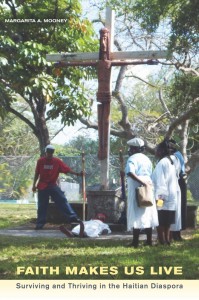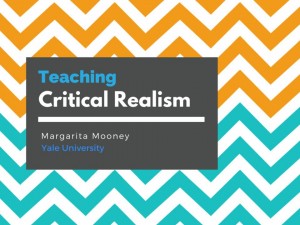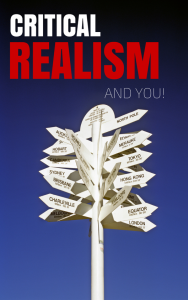Writing in the Wall Street Journal opinion page on September 16, 2011, Religion News Service journalist David Gibson asked, who is stronger in the faith, Converts vs. ‘Cradle Catholics?’ This question is one that often comes up in ordinary conversation among Catholics and sometimes among sociologists. Many prominent sociologists of religion of the last half century, such as Peter Berger and Rodney Stark, have emphasized that choice of a faith rather than ascription makes one more sure of one’s beliefs, and hence more committed. Although there is much truth in the idea that using one’s free will to adhere to a faith likely strengthens one’s commitment to that faith, we should nonetheless ask, why can’t Catholics born into the faith also “choose” to be Catholic?
Much writing on conversion seems to equate choosing one’s faith with switching faiths. For example, part of the evidence Gibson gives that converts to Catholicism are likely stronger in the faith than cradle Catholics comes from a Pew Forum on Religious Life survey that asked about switching religions. But is switching religions—let’s say from Southern Baptist to Presbyterian—the only type of conversion experience one can have?
 My experience interviewing mostly cradle Catholics for my book Faith Makes Us Live: Surviving and Thriving in the Haitian Diaspora showed me that most committed adult Catholics underwent some type of profound religious experience which led them to engage their will and commit to practicing their faith more devoutly. Most people I interviewed were Catholic because their parents baptized them Catholic, because they went to Catholic school, and because they had always been Catholic. But they were also Catholic because they wanted to be. They gave their time, money and energy to the Catholic faith.
My experience interviewing mostly cradle Catholics for my book Faith Makes Us Live: Surviving and Thriving in the Haitian Diaspora showed me that most committed adult Catholics underwent some type of profound religious experience which led them to engage their will and commit to practicing their faith more devoutly. Most people I interviewed were Catholic because their parents baptized them Catholic, because they went to Catholic school, and because they had always been Catholic. But they were also Catholic because they wanted to be. They gave their time, money and energy to the Catholic faith.
I agree with Gibson’s observations that many converts to Catholicism certainly seem very committed and knowledgeable about the faith. But as he himself states, there are numerous “cradle” Catholics , not the least of whom is Pope Benedict XVI, who can be described as nothing less than extremely committed to their faith. Hence, Gibson rightly says that all Catholic believers share one vocation—a vocation to conversion.
However, clearly not all Catholics in the pews on Sundays have deep religious fervor or have fully committed to their faith. But my quibble is not with the assertion that many Catholics are not devout—rather, I question the idea that people raised in a faith other than Catholicism are automatically better Catholics because they “chose” to be Catholic. One the one hand, many people born Catholic left the faith at one point in time and have come back with greater fervor. Others never left but became more committed over time, often due to a profound religious experience leading them to more fully engage their will in the practice of their faith. On the other hand, having taught in the Rite of Christian Initiation for Adults—the typical path for adults who are switching faiths to enter the Catholic faith—it is hard to characterize all “converts” to Catholicism from other faiths as devout or fervent. Many converts to Catholicism enter the faith because of marriage, others out of curiosity or simply a desire to have a community. Perhaps later they may become devout Catholics, but going through the RCIA program and receiving the sacrament of confirmation requires conversion but not necessarily great devotion.
As Gibson writes, quoting sociologist Peter Berger, in modern society where being a religious person is just as legitimate as being a non-religious person, we all choose our faith even if we do not choose to switch faiths. Hence, it’s hard for me to imagine a devout Christian who has not had a conversion of heart and will. Furthermore, isn’t the essence of Christianity that we are all converts? Does conversion have to happen only at one point in time, or can it be a slow, iterative, and recurring process?
Therefore, rather than asking whether “converts” are better Catholics than “cradle” Catholics, a better question is—who understands and practices the Catholic faith? Most sociological studies and surveys will not help us answer this question, especially if we equate “switching” faiths with “conversion.” A better way of understanding conversion without switching faiths, at least among Catholics, would be if surveys asked about the frequency of traditional devotions, such as saying the rosary, going to confession, making a retreat or going on a pilgrimage.
As I wrote in the First Things blog on September 16, 2001, the more than a million young Catholics who attended World Youth Day in Madrid this summer represent a trend among young Catholics to return to traditional Catholic practices and symbols. (To hear Pope Benedict address these young Catholics, watch this video.) Certainly these pilgrims should also be thought of as converts, as their will and heart led them far from their homeland to encounter others and their leader, Pope Benedict XVI.















